
Colombia goes to the polls to elect its president for the next four years
Gustavo Petro, the candidate of a center-left coalition, is the favorite according to polls.
If he or any of the other five candidates do not obtain more than half of the votes, there will be a second round on June 19 between the two most voted candidates.
If Petro, leader of the Historical Pact, wins, it will be an unprecedented event in the South American country, where political power has always been in the right and center-right sectors. Last March 13, the first bell rang for what could be a political change in Colombia. More than 17 million men and women over the age of 18 voted to elect the new Congress. The Historic Pact achieved the highest vote in the Senate and in the House, an unprecedented fact in Colombia for a grouping with origins in the left, which has always been in the opposition.
On the contrary, Uribism and the Democratic Center, the governing party and right-wing grouping created and led by former President Álvaro Uribe Vélez, suffered the biggest defeat in 20 years: it lost 22 seats and ceased to be the first political force in the country.
Gustavo Petro is a former mayor of Bogotá, the capital, and one of the most prominent senators in the Colombian Congress. In the 1980s he was a member of the M-19 guerrilla, a non-Marxist left-wing armed organization that signed a peace agreement in 1990. As part of that negotiation, a Constituent Assembly was convened which in 1991 reformed the Constitution.
Petro's vice presidential running mate is Francia Márquez, an Afro-Colombian leader and victim of the armed conflict. It would be another novel circumstance if she wins the elections, as she would be the first black woman to reach that high office.
Petro's victory will mean an important change in the political map of the continent, which will be added to the triumph of Gabriel Boric, in Chile, and Xiomara Castro, in Honduras, configuring a new left in the region. Luiz Inácio Lula Da Silva, favorite in the presidential elections of October in Brazil, will join them.
Domestically, it will mean the effective implementation of the peace agreement with the extinct FARC signed in 2016, but tepidly applied by the current government, whose Democratic Center party opposed the peace negotiations. It will involve a profound agrarian reform for the benefit of millions of peasants who are victims of the war and of the presence of the state in several regions in the hands of illegal armed organizations.
RELATED CONTENT
It will also represent changes in social and economic policy, the defense of the environment, the suspension of fracking and a 12-year energy transition process. It will also promote the revision of free trade agreements and the promotion of a new industrialization of the country. Also on the agenda is the review with the United States of the anti-narcotics policy, the return to multilateralism in international politics and the thawing of relations with Venezuela, which has drastically affected border populations,
In addition to Petro, this Sunday's elections include Federico Gutiérrez, from an alliance of right-wing parties and candidate of the government, who is second in the polls; Sergio Fajardo, from the Center of Hope Coalition, from the center; Rodolfo Hernández, a right-wing populist former mayor who has been noted for his anti-corruption positions. They are joined by conservative Enrique Gómez and Christian aspirant John Milton Rodríguez, also right-wing and very unfavored in the polls.
The March legislative elections were mired in a fraud scandal, to the point that in a recount it was discovered that more than one million votes had been "lost", most of them from the Historic Pact. Despite the evidence, the government party and the right-wing coalition supporting candidate Federico Gutierrez argued that the fraud was orchestrated by the left in alliance with the national registrar, in charge of electoral logistics, appointed by the same government.
For today's elections, the opposition has affirmed that there are no full guarantees for a transparent day. It has even denounced the buying and selling of votes in some regions of the country, dominated by family clans that have dominated the economy and politics for years. In these circumstances, international organizations are present as observers to denounce any anomaly that may occur.
Some 20 million people are expected to go to the polls. Abstention is close to 46%.




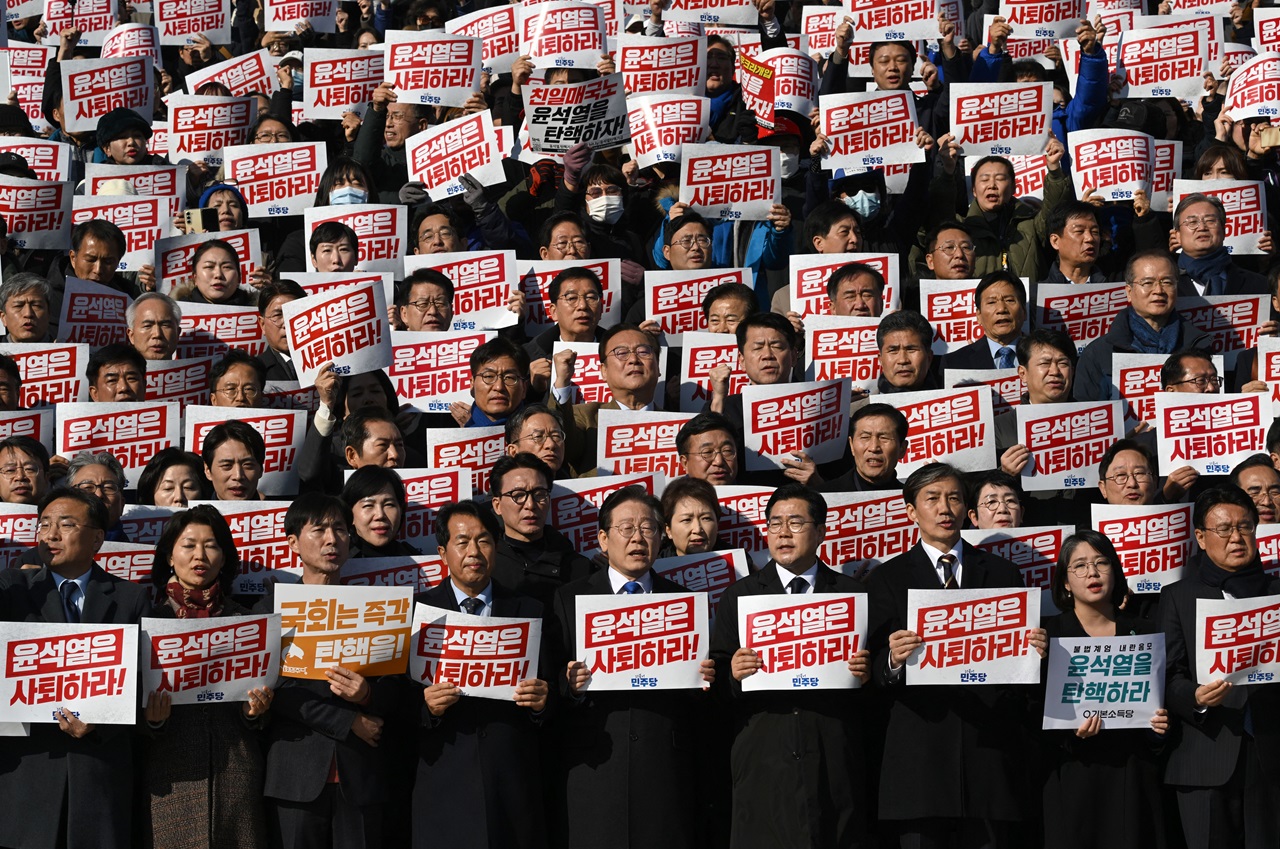
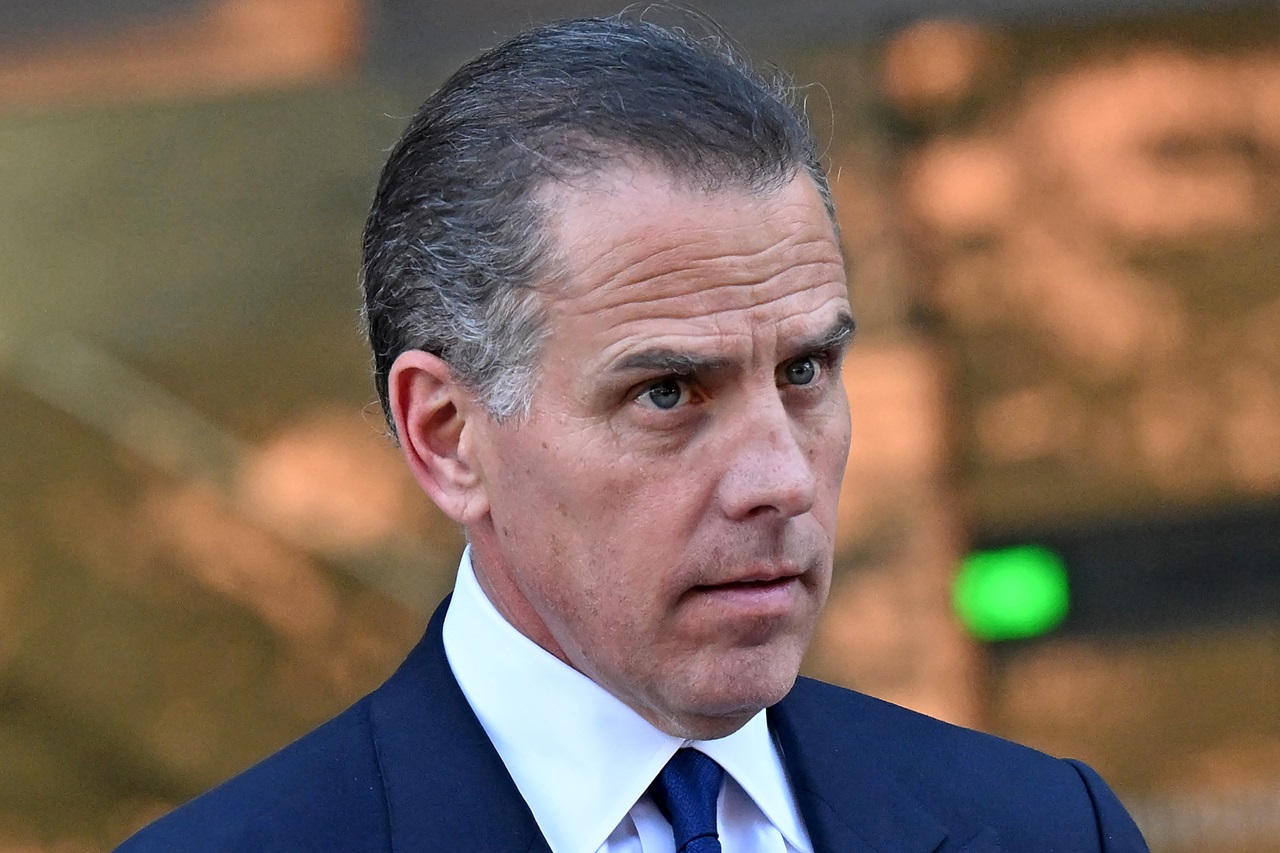

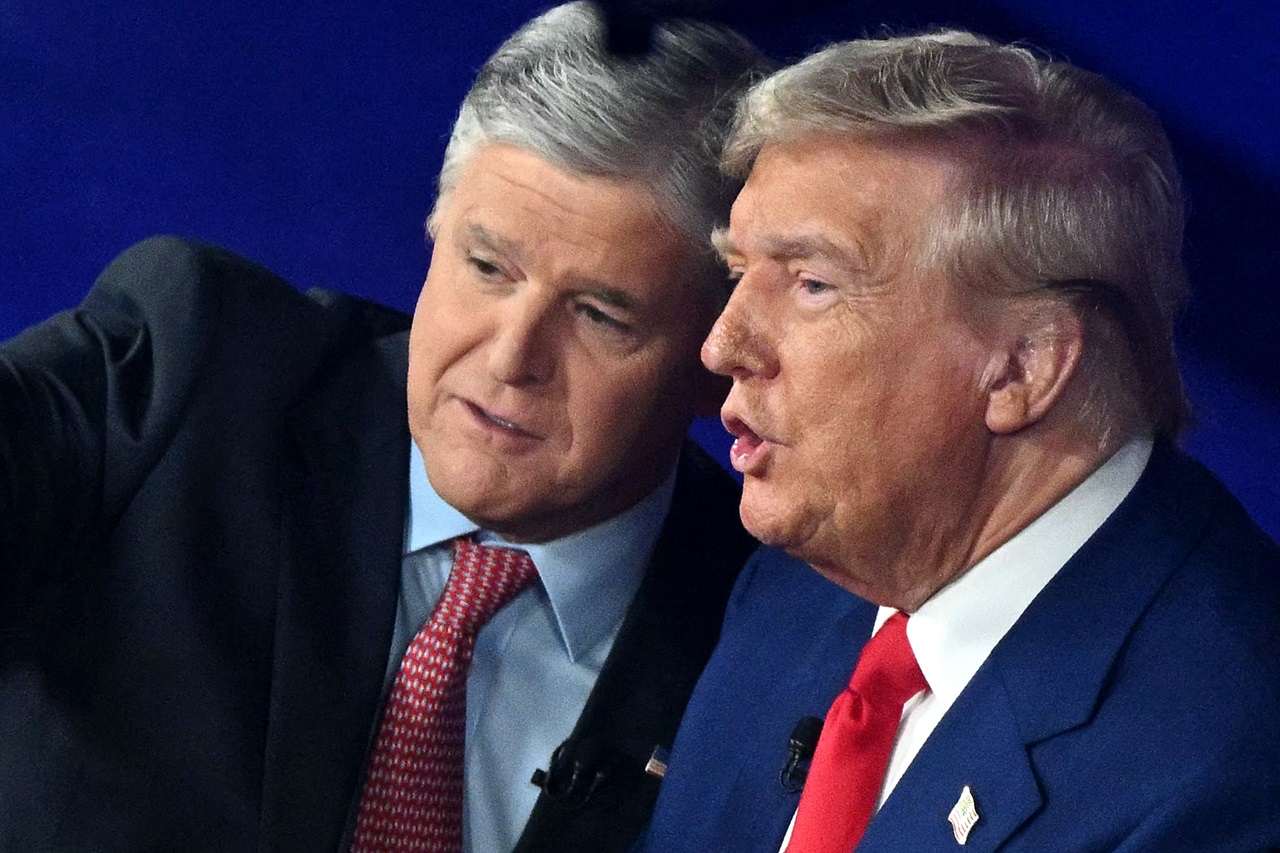
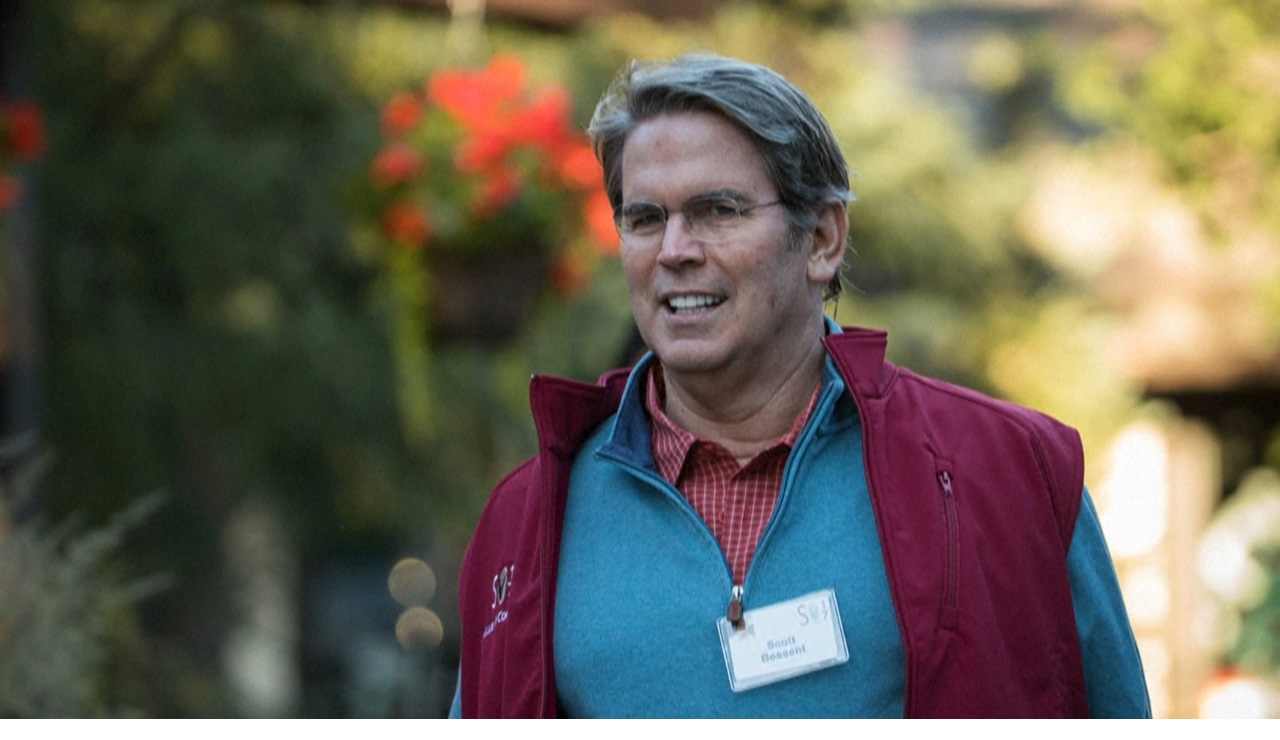

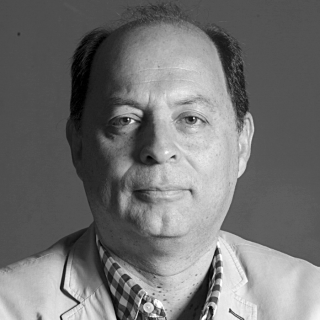
LEAVE A COMMENT:
Join the discussion! Leave a comment.